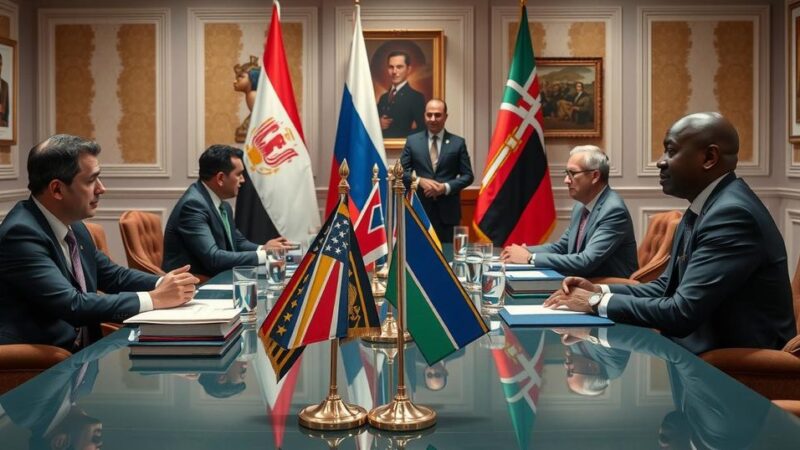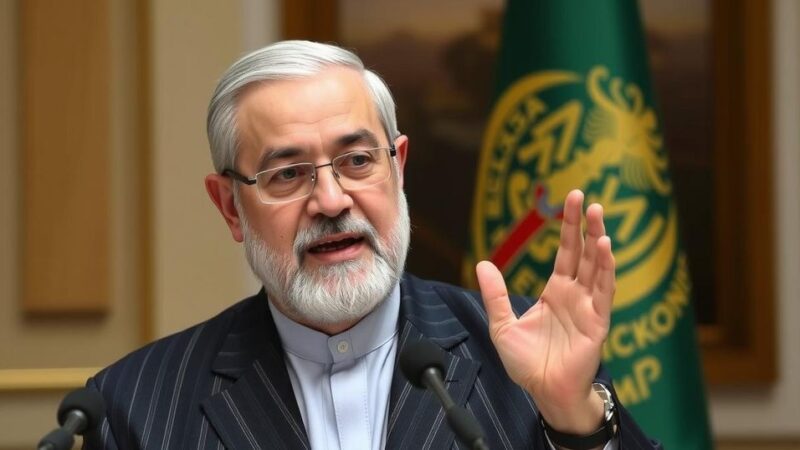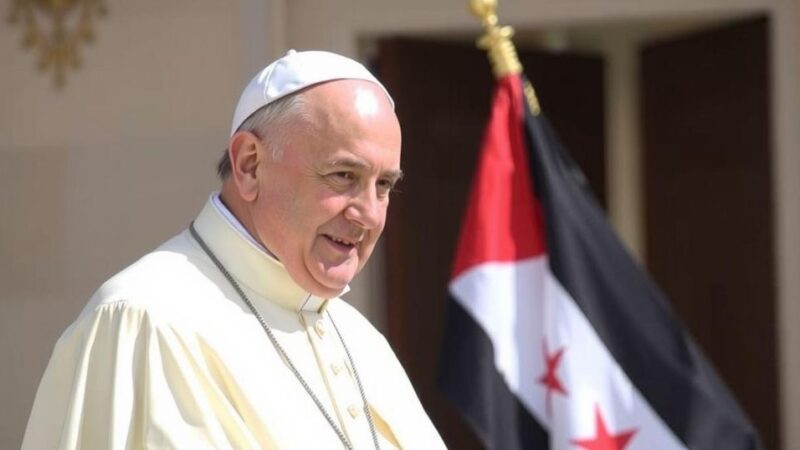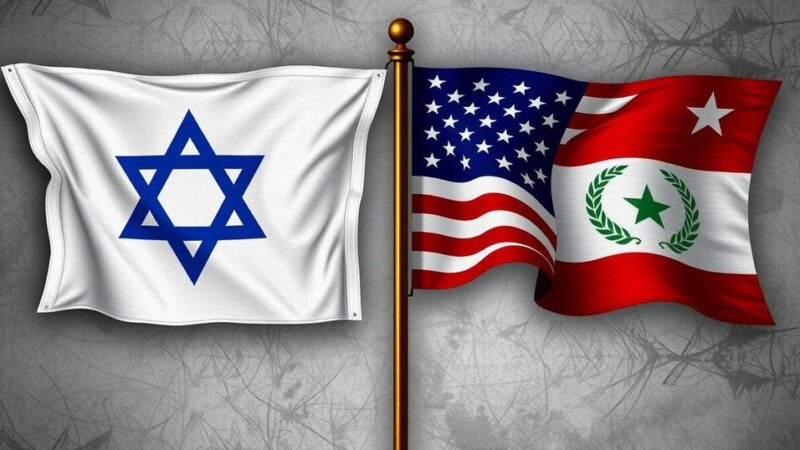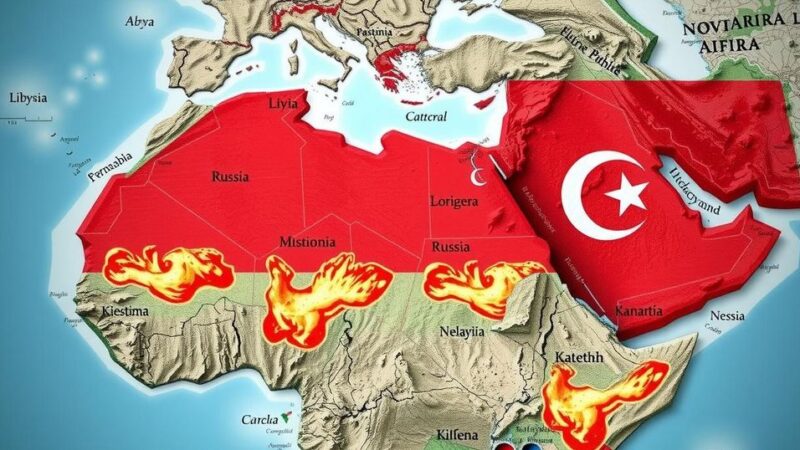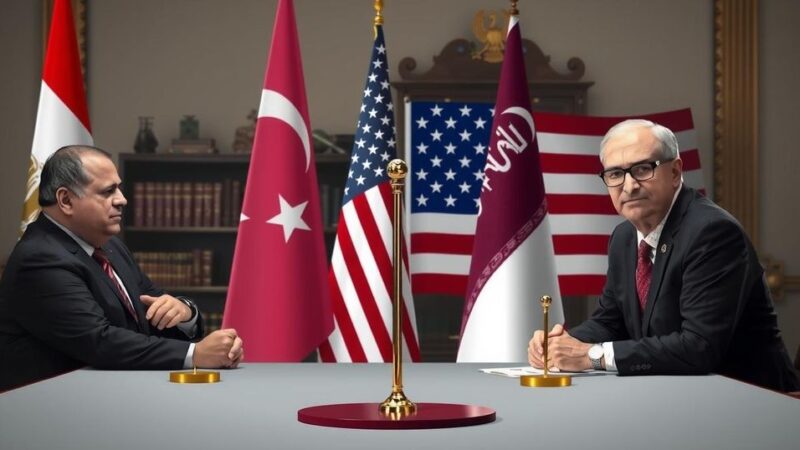General Joseph Aoun’s election as president of Lebanon marks a significant setback for Hezbollah and Iran, as the group’s candidate failed to secure the position after a lengthy stalemate. Aoun’s immediate priorities will include stabilizing the ceasefire in southern Lebanon and forming a new government. His election is seen as an opportunity for reconstructing Lebanon amidst international support, despite the complex challenges posed by internal political opposition.
Lebanon’s political landscape faces a significant shift following the election of General Joseph Aoun as president, a development viewed as detrimental to Hezbollah and Iran’s influence in the region. Hezbollah’s preferred candidate, Suleiman Frangieh, withdrew after a prolonged election period of 26 months, marking a pivotal defeat for the group. With backing from international powers including the United States, France, and Saudi Arabia, Aoun’s election is perceived as a restored opportunity for Lebanon amid a backdrop of political instability and regional tension.
Central to Aoun’s agenda are two immediate priorities: stabilizing the ceasefire in southern Lebanon and forming a new government to replace the current interim administration led by Najib Mikati. As the country grapples with ongoing economic challenges, effectively achieving a lasting ceasefire will require appointing a permanent military leadership and ensuring the cessation of hostilities along the border. Aoun’s engagement with senior Gulf officials and a planned visit to Saudi Arabia indicate efforts to strengthen regional ties.
Moreover, President Aoun’s forthcoming efforts will include navigating the delicate dynamics surrounding Hezbollah’s militia and the inflow of weapons. His ability to prevent smuggling operations and diminish Hezbollah’s military capabilities will be crucial in gaining the confidence of the Lebanese public and international stakeholders. Despite a majority secured for his presidency, he faces complex domestic challenges from entrenched political factions, which will determine the success of his administration.
Aoun’s election signifies both a hopeful and precarious moment for Lebanon, as the nation may be poised for reconstruction under the auspices of international support, particularly from entities such as the United Nations. Nevertheless, tensions persist, and Hezbollah’s ongoing influence may continue to pose significant obstacles to Aoun’s presidency. The mandate to lead Lebanon towards stability hinges on fostering effective collaborations while overcoming entrenched resistance from opposing parties.
Lebanon has endured a prolonged political stalemate, underscored by the inability of Hezbollah to secure the presidency for its favored candidate. The election of General Joseph Aoun comes after a significant delay and represents a shift in support towards a leader backed by Western and Gulf state interests. This development reflects broader geopolitical dynamics in the region, especially concerning Iran and its associates, as Lebanon seeks paths to reconstruction and stability following internal and external conflicts.
In conclusion, General Joseph Aoun’s presidency presents both challenges and opportunities for Lebanon amid a complex political landscape. His capacity to stabilize the country, reform governance, and address Hezbollah’s role will significantly affect Lebanon’s future. While high public expectations exist, the potential for obstruction from political adversaries reminds us of the fragility of Lebanon’s political environment. The ongoing commitment from international allies may steer Lebanon towards a more stable and prosperous future, provided that domestic hurdles are effectively navigated.
Original Source: www.thejc.com


